Articles Archive
See all articles and discover more interesting topics!

RTVS | Hungary takes over the Presidency of the EU
From this day Hungary holds the Presidency of the EU. It takes over the Presidency from Belgium and will set the European agenda until the end of the year. The Hungarian Presidency says it wants to find real solutions to real problems. But some analysts fear that important issues, including support for Ukraine, could take a back seat. Martin Vokálek, executive director of EUROPEUM Institute, comments for RTVS.
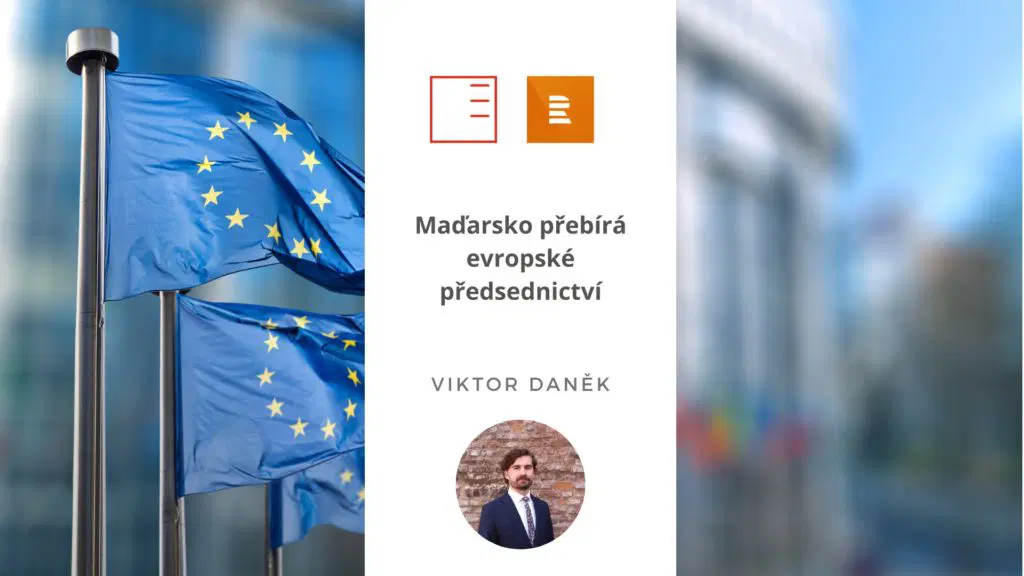
ČRo Plus | Hungary takes over the European Presidency. How will the country considered to be the EU's troublemaker handle it?
Hungary took over the EU presidency today, giving Budapest, perceived as a troublemaker in the European institutions, a different role for six months. At the same time, Prime Minister Viktor Orbán announced over the weekend the formation of a new alliance in the European Parliament with the Czech ANO movement and the Freedom Party of Austria. Viktor Daněk, deputy director of EUROPEUM Institute, comments on the formation of the new alliance.

Seznam Zprávy | The political group in the EU that Babiš has joined is extremely positive news for Russia
Former Czech Prime Minister Andrej Babiš has announced the formation of a new alliance Patriots for Europe for the European Parliament. For the time being, in addition to the ANO movement, it consists of Hungarian Prime Minister Viktor Orbán's Fidesz and Herbert Kickl's Austrian FPÖ party. Martin Vokálek, executive director of EUROPEUM Institute, comments on its formation and importance.
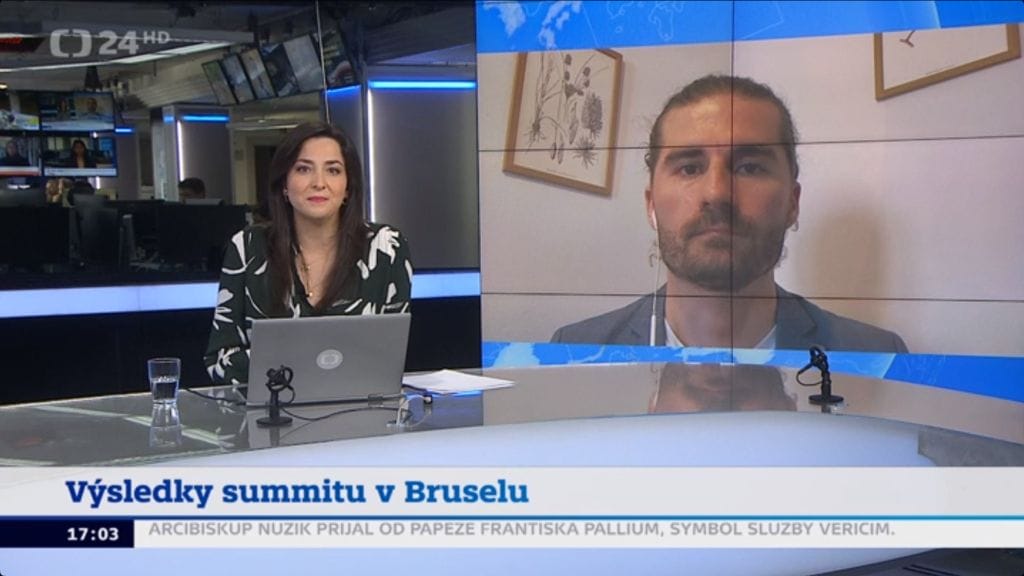
ČT24 | Who will get the top jobs in the European Union?
EU leaders nominate Ursula von der Leyen to lead the European Commission again. Estonian Prime Minister Kaja Kallas, known for her support for Ukraine, is to lead EU's foreign policy. Both women have yet to be confirmed in top jobs by the European Parliament. In addition to the majority, support may also have to be sought from the conservatives or the Greens. Viktor Daněk, deputy director of EUROPEUM Institute, comments for ČT24.
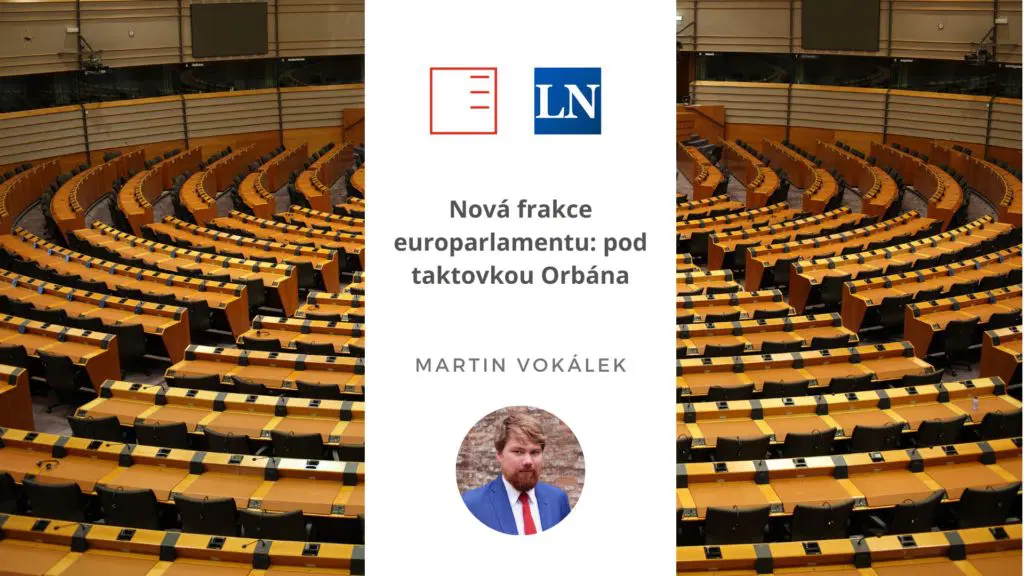
Lidovky.cz | New political group in the European Parliament: under the baton of Orbán
Visegrad sovereigntists. This is the name given by European circles to the upcoming new faction of the European Parliament, which is expected to include seven MEPs from the Czech ANO movement. The leader of the Czech opposition, Andrej Babiš, who led his MEPs out of the influential liberal Renew Europe, is working with Hungarian Prime Minister Viktor Orbán to establish the new group. Martin Vokálek, director of EUROPEUM Institute, comments on its formation.
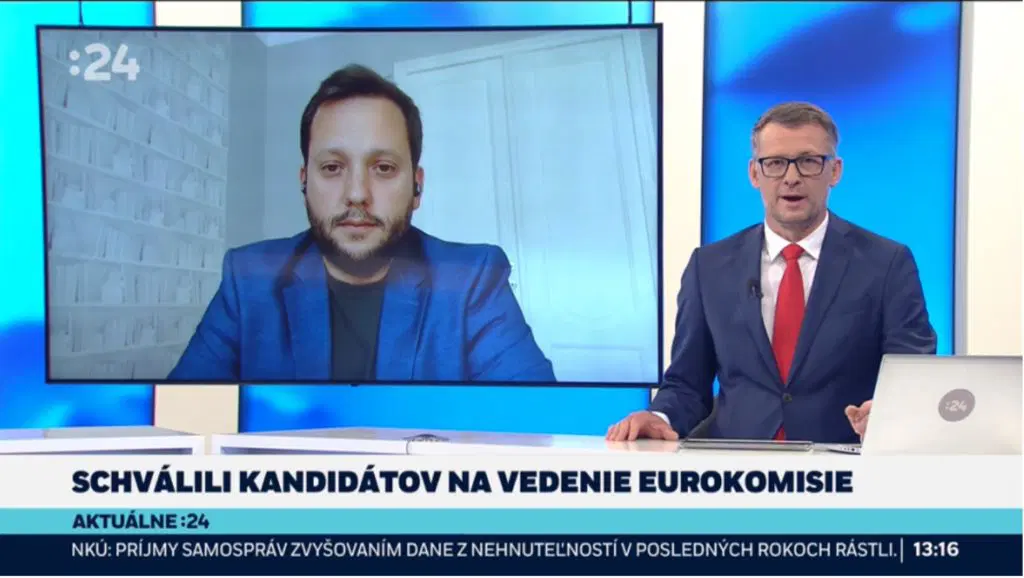
RTVS | EU and Ukraine have concluded a comprehensive security agreement in Brussels
The European Union and Ukraine concluded a comprehensive security agreement in Brussels. This builds upon the EU's longstanding support for Ukraine. What did the politicians agree upon? What is new in the new treaty? Žiga Faktor, Deputy Director and Head of the Brussels Office at the EUROPEUM Institute, commented for the Slovak RTVS.
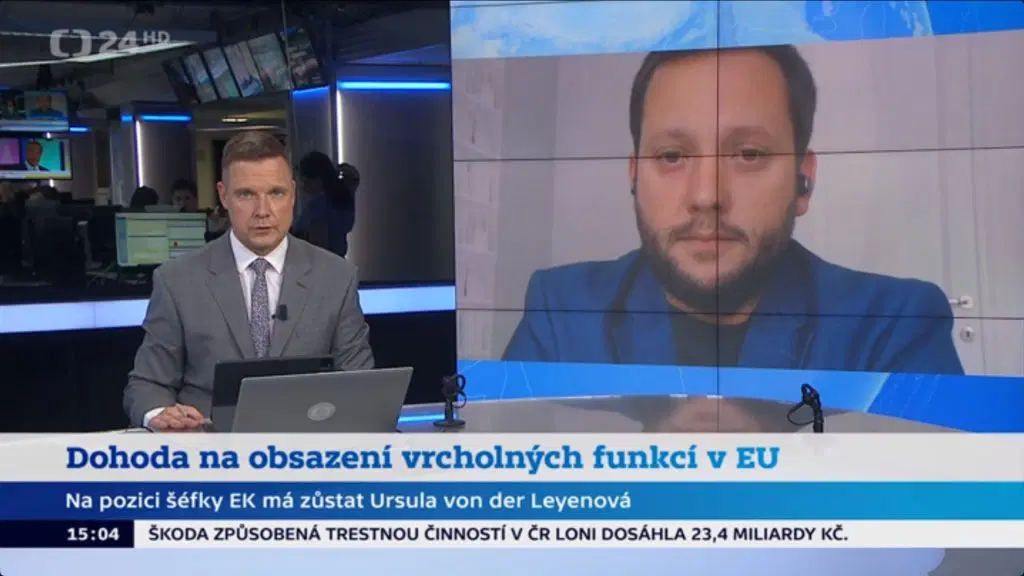
ČT24 | Agreement on staffing of the top EU positions
Ursula von der Leyen is to continue as head of the European Commission and Kaja Kallas, the Estonian prime minister, will lead diplomacy. Both politicians have yet to be confirmed by MEPs. The leadership of the European Council, on the other hand, is already assured by former Portuguese Prime Minister António Costa. Žiga Faktor, deputy director and head of EUROPEUM Institute's Brussels office, offers his perspective.
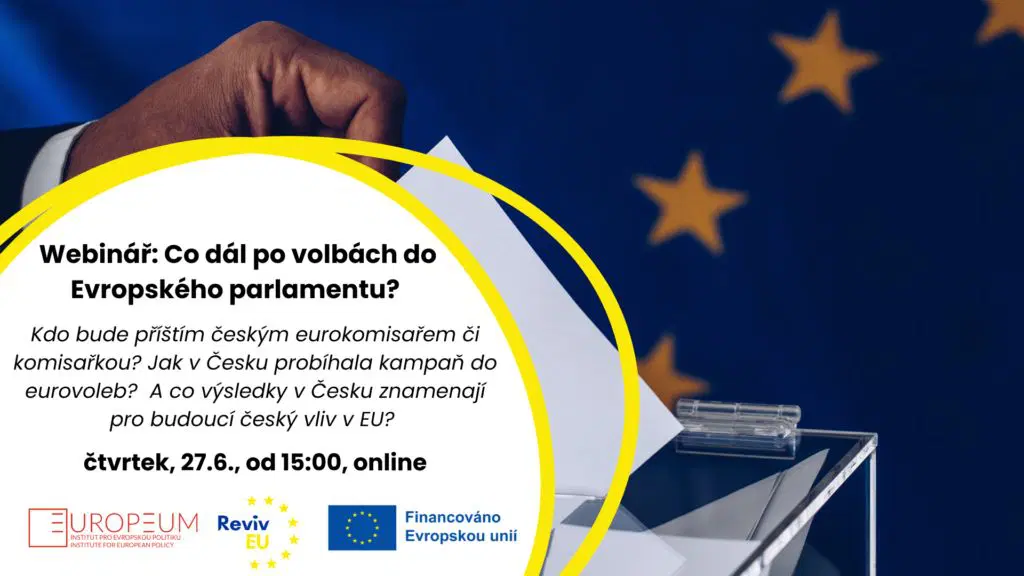
RevivEU | Where do we go from here after the European Parliament elections?
We invite you to participate in an online webinar! Europe and the Czech Republic know the results of the European Parliament elections. The vote, which was accompanied by high turnout in most countries, brought many surprises and in some places even other political change. Who will be the next Czech Commissioner? How did the campaign for the European elections go in the Czech Republic? And what do the results in the Czech Republic mean for future Czech influence in the EU?
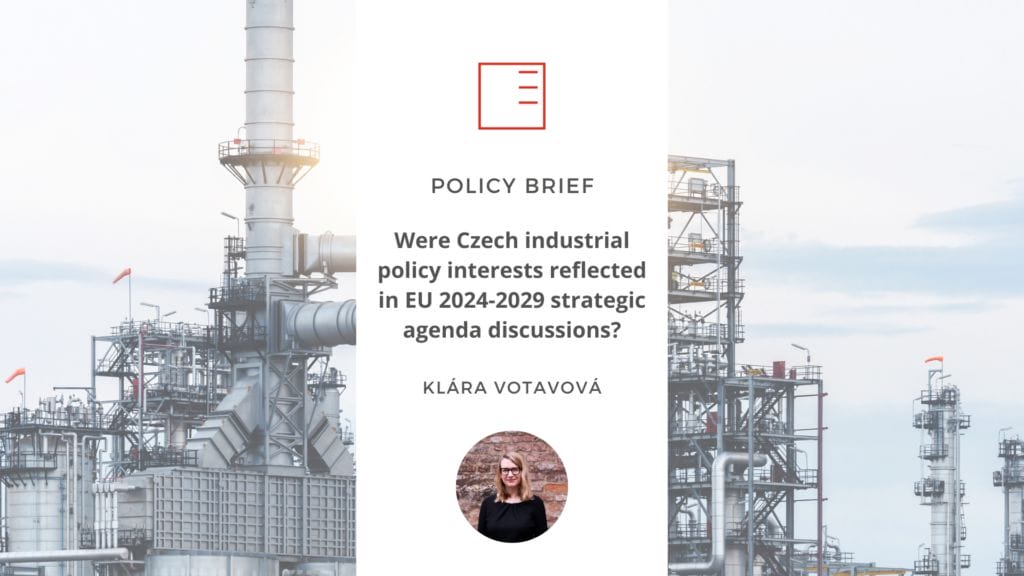
Policy Brief | Were Czech industrial policy interests reflected in EU 2024-2029 strategic agenda discussions?
In light of the recent return of industrial policy to the global and EU stage, this policy brief outlines how Czech interests in this policy were reflected in the debates leading up to the adoption of 2024-2029 EU strategic agenda. First, it strives to define Czech industrial policy interests, outlining two alternative approaches to how they can be perceived. The liberal approach follows the long established consensus, according to which Czechia – as a very open, export oriented economy – should promote above all a seamless Single Market and free trade. Writes EUROPEUM Institute researcher Klára Votavová in her Policy Brief.
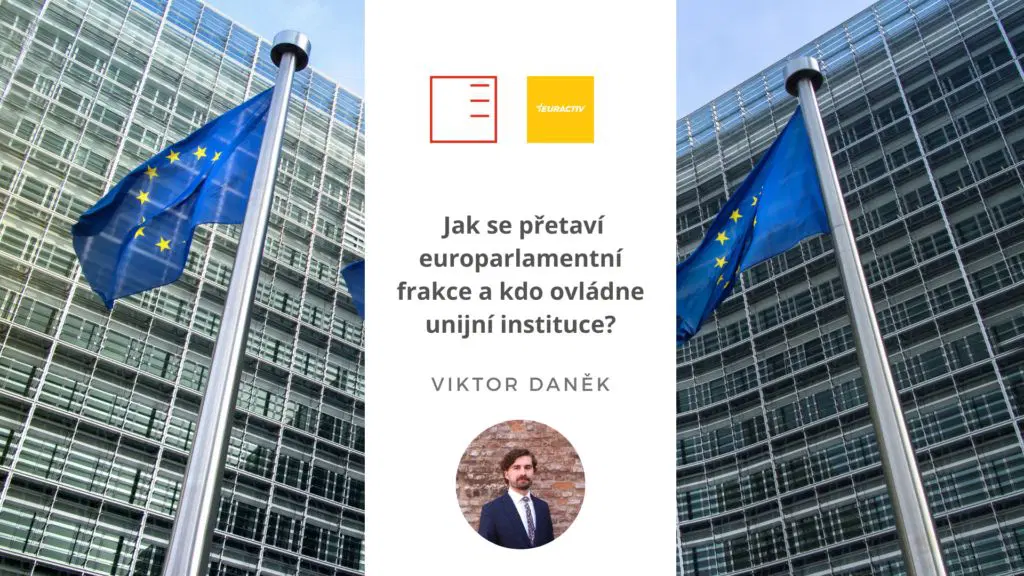
Euractiv.cz | Post-election reshuffles. How will the European Parliament factions transform and who will dominate the EU institutions?
The key issues for the new term in the EU do not end with the European elections. Forces in European Parliament continue to shift depending on factions, while leaders select institutional leadership. How will the elections and the composition of the European Parliament influence the future functioning of the EU? And who will lead it? Viktor Daněk, Deputy Director of EUROPEUM Institute, answered these questions for Euractiv.cz.
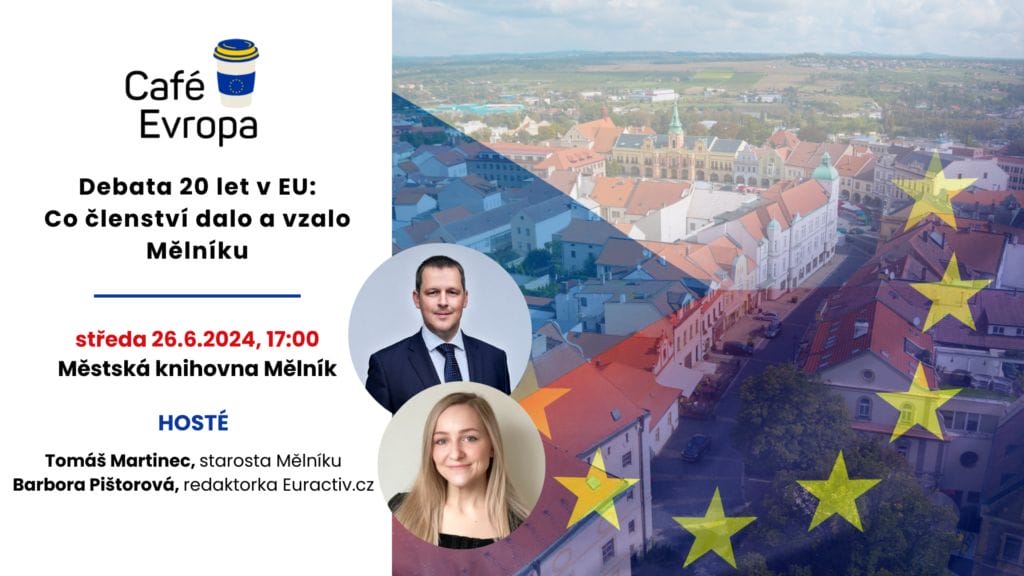
Café Evropa | 20 years in the EU: Benefits and drawbacks of the membership for Mělník
Come and join us for the latest in the Café Evropa series of regional debates! This time we will be in the city of Mělník. What do you think of the Czech Republic's 20 years in the EU? Are you worried about what the migration pact, the Green Deal will bring? Have EU subsidies helped the development of the city? What has the EU given and taken away from you? We want to hear from you!
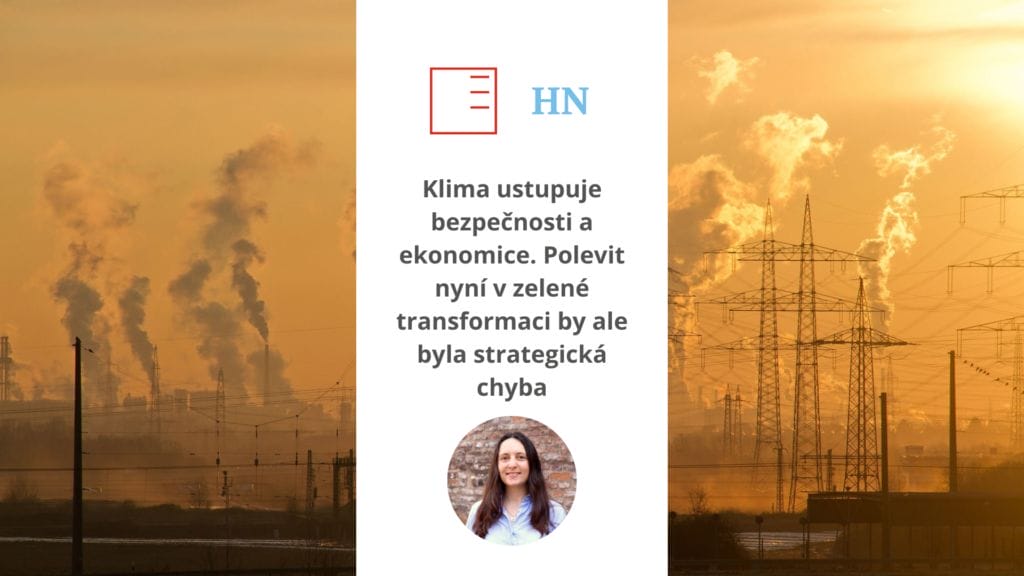
Hospodářské noviny | Climate is giving way to security and economy. However, easing off on green transformation now would be a strategic mistake
This year's elections to the European Parliament have sparked debates about continuing the European plan to reduce greenhouse gas emissions to net zero by 2050, despite recent events suggesting the need to reassess this plan. The election results did not signify as much of a setback for European green ambitions as anticipated. The priority of climate and environment is no longer as high among most Europeans as it was five years ago, reflecting current political and international challenges such as security, economic prosperity, and the competitiveness of European industry. Kateřina Davidova, a researcher at EUROPEUM Institute, wrote an opinion piece on this topic for Hospodářské noviny.